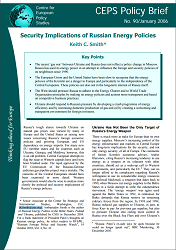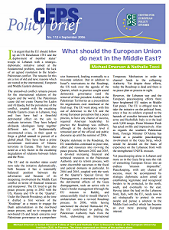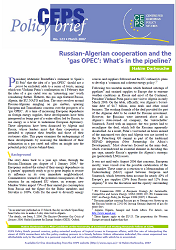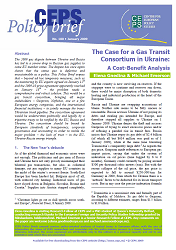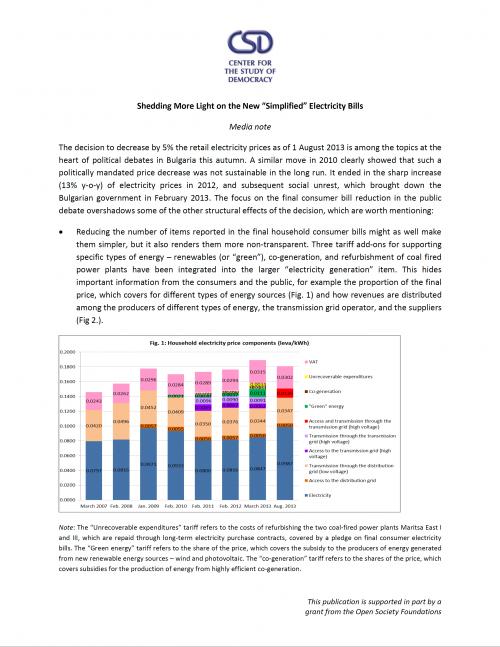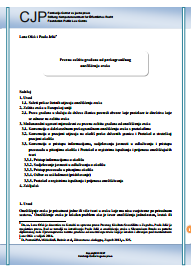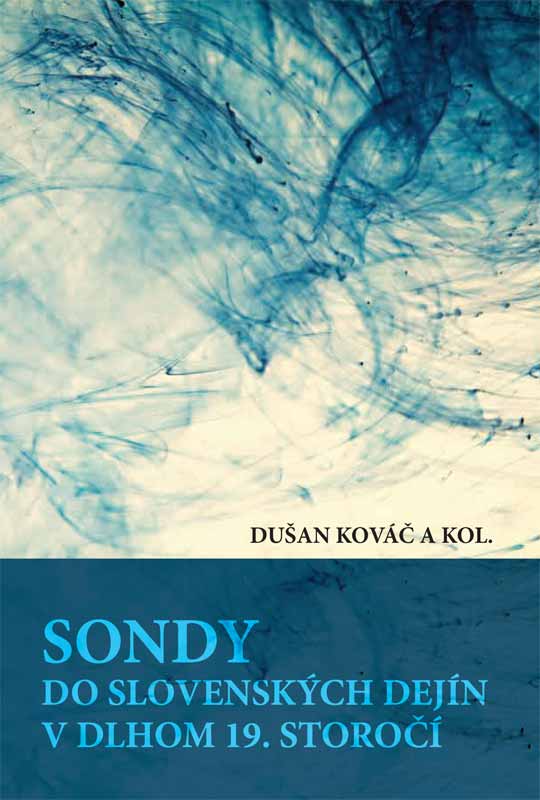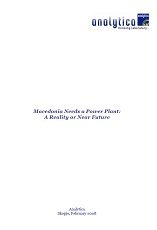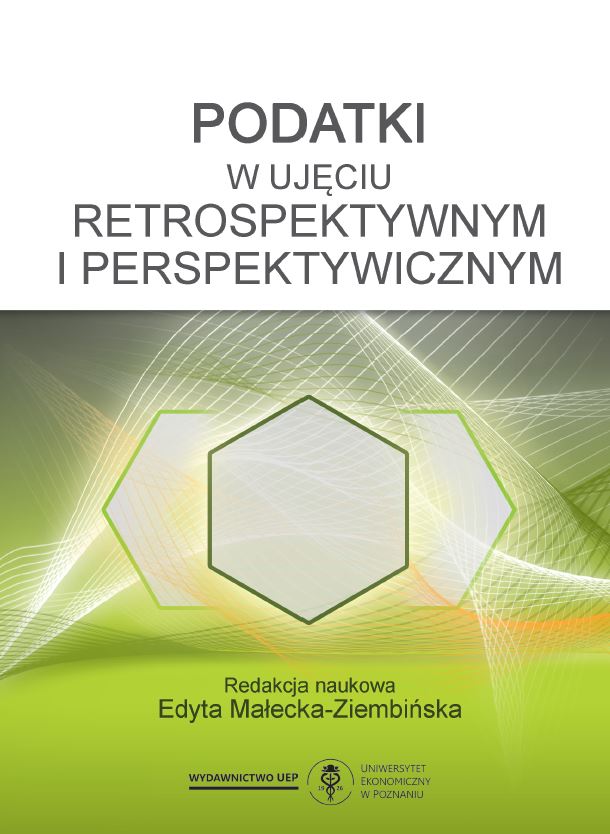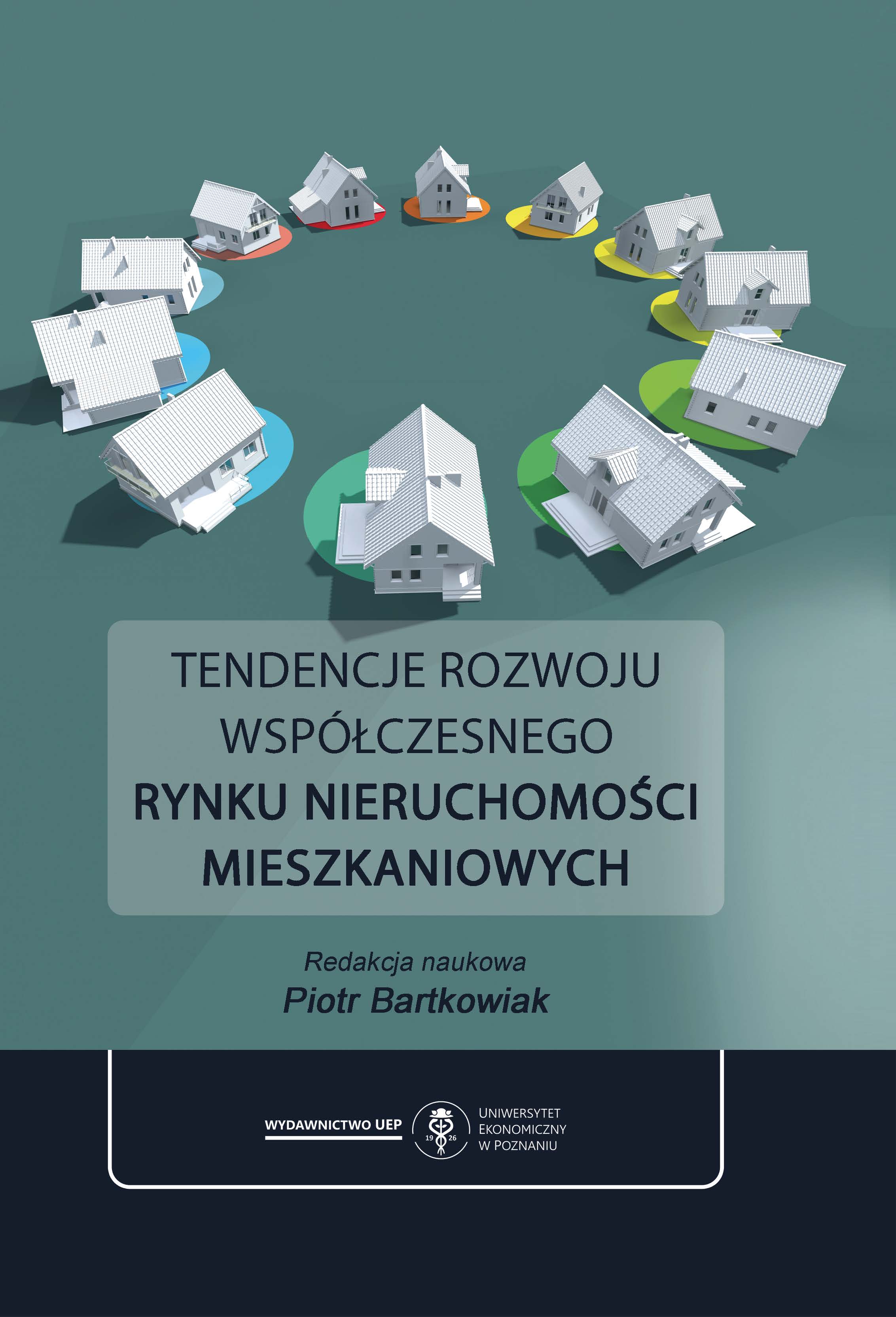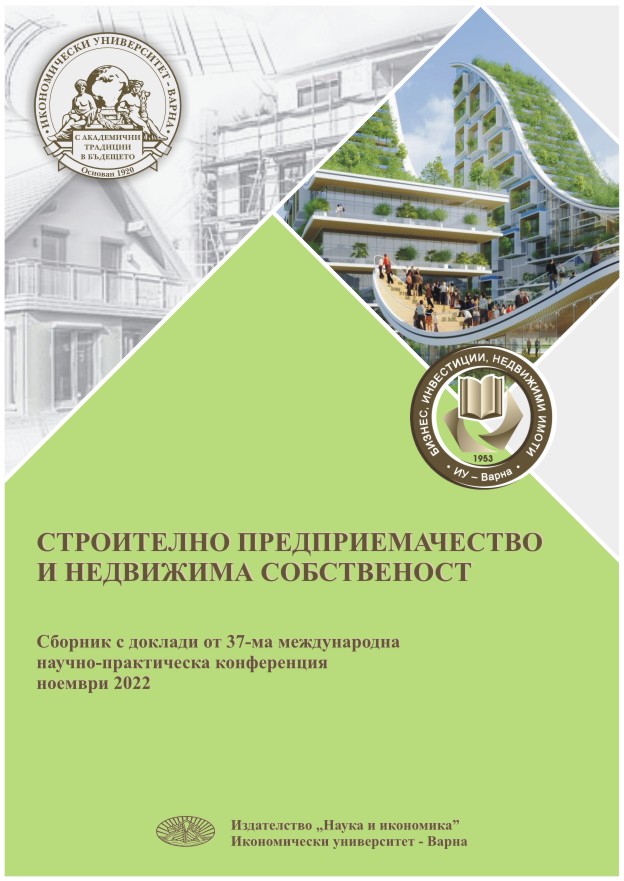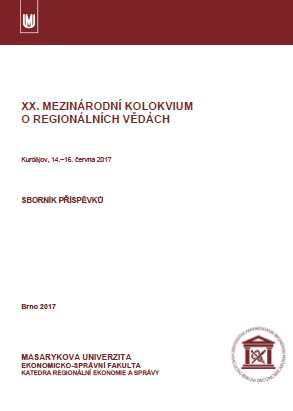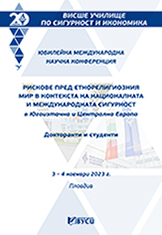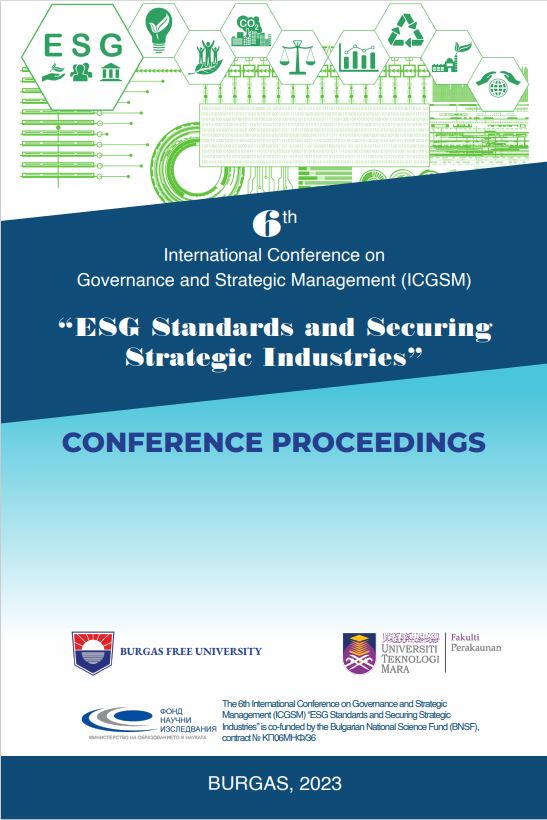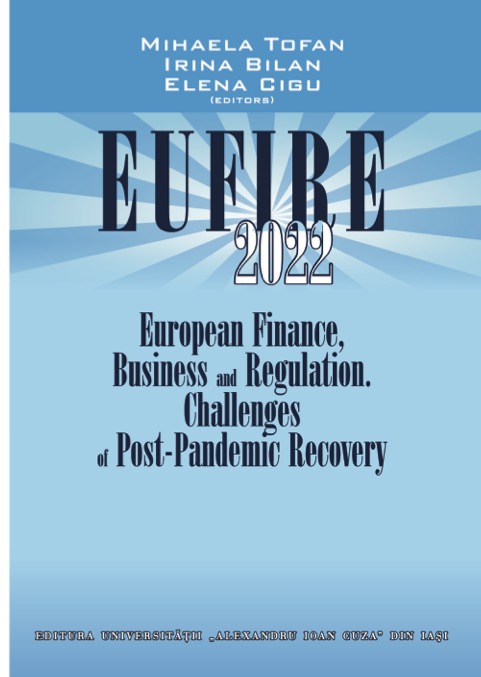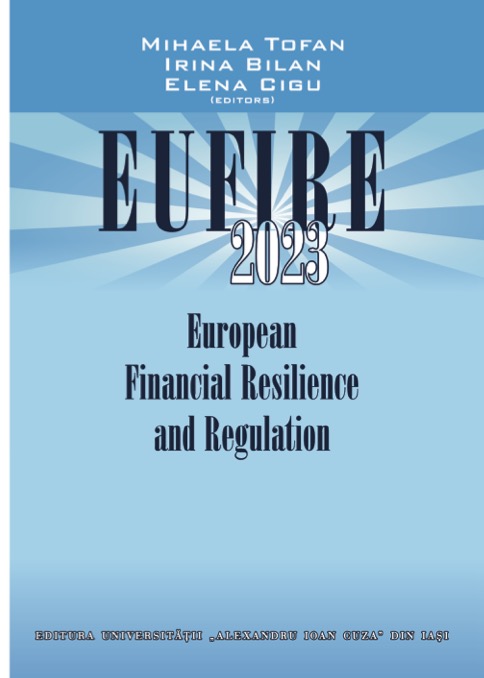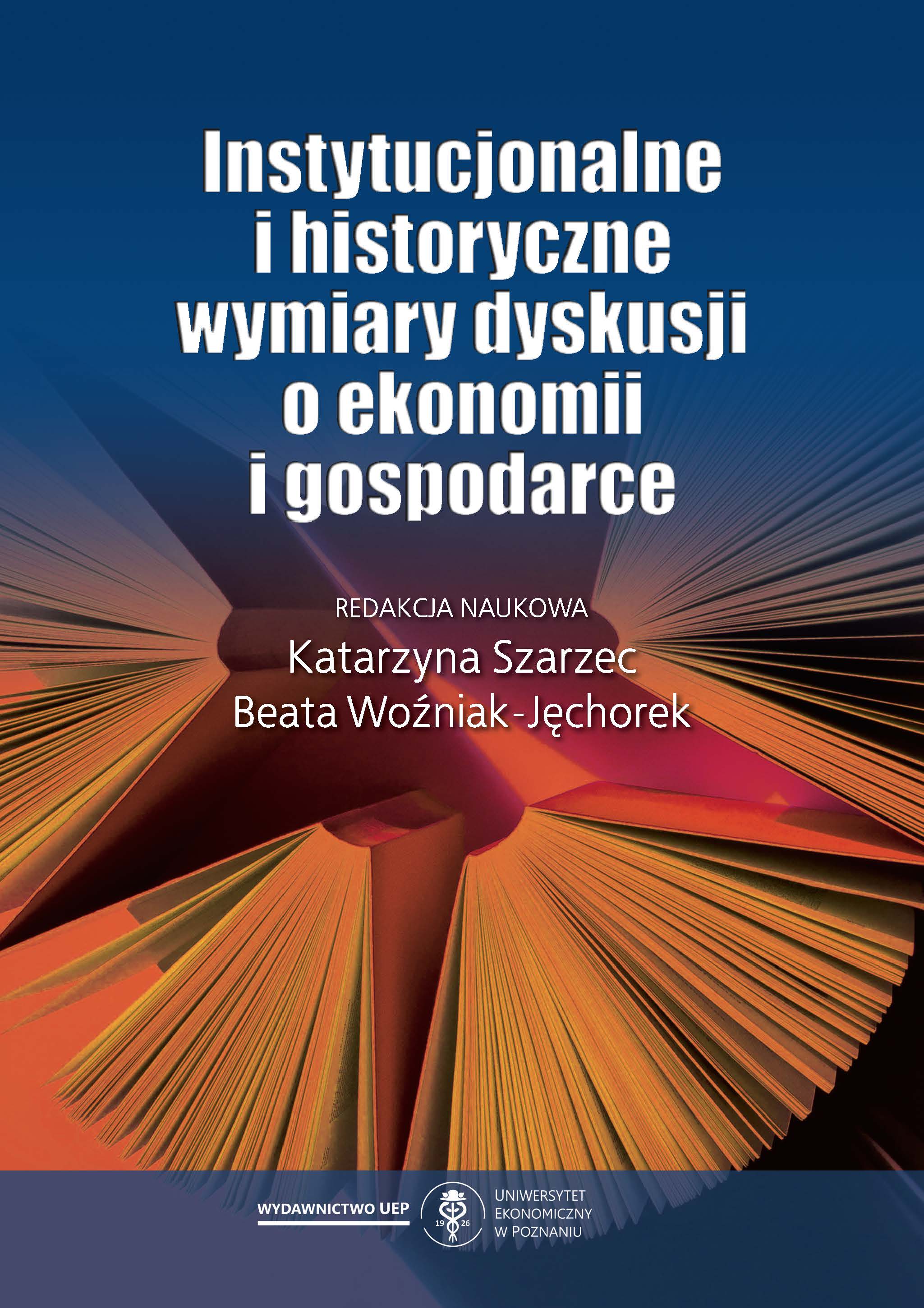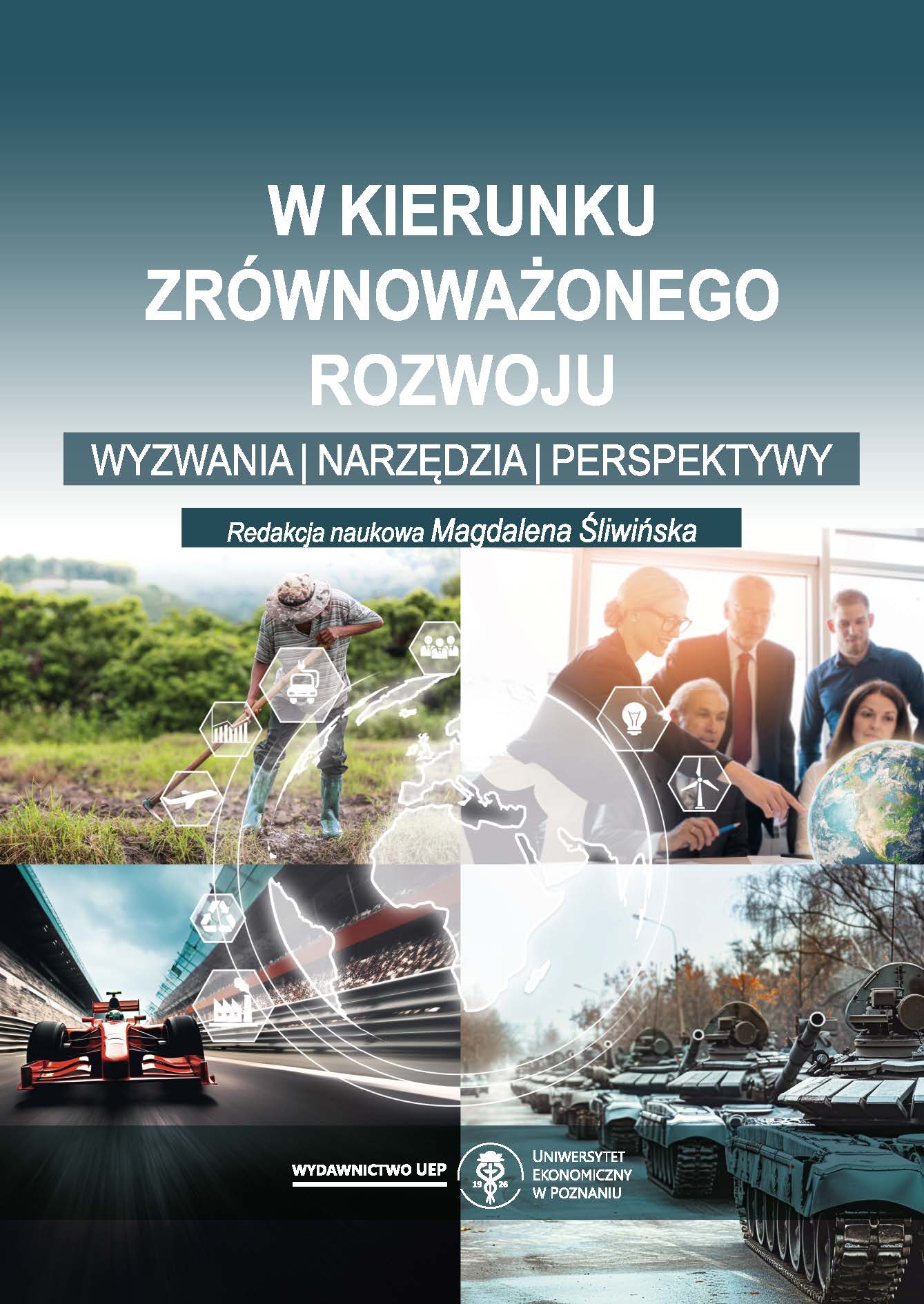Author(s): / Language(s): Montenegrine
Crna Gora će proći do sada najzahtjevniji i najsloženiji put pregovora sa Evropskom unijom (EU). Činjenica da će pregovori početi poglavljima 23 – Pravosuđe i temeljna prava i 24 – Pravda, sloboda i bezbijednost, kao i da će ova poglavlja ostati otvorena do samog kraja, ukazuje na veličinu izazova sa kojim će biti suočena Crna Gora tokom pregovaračkog procesa. U publikaciji pred vama je kratak osvrt na ono čime će se veliki broj ljudi uključenih u pregovore po raznim osnovama, a posebno crnogorske nadležne institucije, baviti kroz usklađivanje crnogorskog pravnog okvira sa komunitarnom tekovinom EU, ali i kroz riješavanje raznih nivoa problema tokom cijelog procesa pregovora i nakon njih. Naša je namjera da približimo široj javnosti sadržaj pregovaračkih poglavlja projektujući ih na crnogorski model pregovora. Naime, jedna dimenzija ovog složenog procesa je to što će hiljade ljudi konkretno, dugo i naporno raditi na ispunjavanju preporuka EU i usklađivanju pravnog okvira sa standardima EU, odnosno izgradnji institucionalnih i demokratskih kapaciteta crnogorskog društva. Ali, druga, podjednako važna dimenzija jeste što će se paralelno svi građani i građanke Crne Gore, polako ali sigurno, kretati ka razumijevanju i prihvatanju konteksta koji će oblikovati pregovori po ovim poglavljima, a što će pratiti učinkovite reforme. Poglavlja su kreirana po društvenim oblastima i cio proces je vrlo precizno razrađen da prvo skenira stanje društva koje treba da postane punopravni član EU, kroz eksplanatorne i bilateralne sastanke, nakon kojih se kroz napredak i realizaciju akcionih planova dolazi do mjerila za otvaranje pojedinih poglavlja koje prati dalji napredak i efikasnost i efektivnost realizacije utvrđenih zadataka do dostizanja mjerila za zatvaranje pojedinih poglavlja. Ova procedura pregovora može asocirati i na pravila neke društvene igre. Ko prođe sve baze na koje naiđe pobijedio je. Lijepo bi bilo da su pregovori igra, ali oni su najzahtjevniji i najizazovniji proces sa kojim se crnogorske institucije sistema, pa i crnogorsko društvo, u cjelini suočavaju. Dešava nam se da stavljamo svoje kapacitete na provjeru na način koji nam do sada nije bio svojstven. Provjeravamo mogućnosti pune izgradnje institucionalnih kapaciteta, istražujemo sopstvene demokratske potencijale, suočavamo se sa razbijanjem tabua i predrasuda, otvaramo se za drugosti, postajemo spremni da preuzmemo odgovornost. Možda se nekom čini da smo ovo nekada ili makar nešto od ovoga već radili. Pokušaja jeste bilo, ali sistemskog pristupa izgradnji funkcionalne demokratije i nečega što kratko možemo definisati kao evropeizaciju društva zasigurno nije bilo. Danas i Unija ima brojne probleme, a posebno su izraženi problemi ekonomske prirode. Sumnjičavi bi mogli postaviti pitanje da li je uopšte opravdano kretati se ka evropskim integracijama, da li su iste možda prevaziđene? Kvalitet evropskih integracija je upravo u tome što je Unija uspjela da izgradi mehanizme demokratskog rješavanja svih pitanja. A taj kvalitet je vrlo potreban na ovim prostorima. EU nije samo uspješna ekonomska priča, ona je prije svega uspješna demokratska priča. Sve i da, hipotetički gledano, Crna Gora odustane od evropskih integracija, ona ne bi imala budućnost funkcionalne i prosperitetne demokratije bez pretresanja i izgradnje društveno-političke i ekonomske osnove na vrijednosnoj osnovi izgrađenoj u Uniji.
More...
